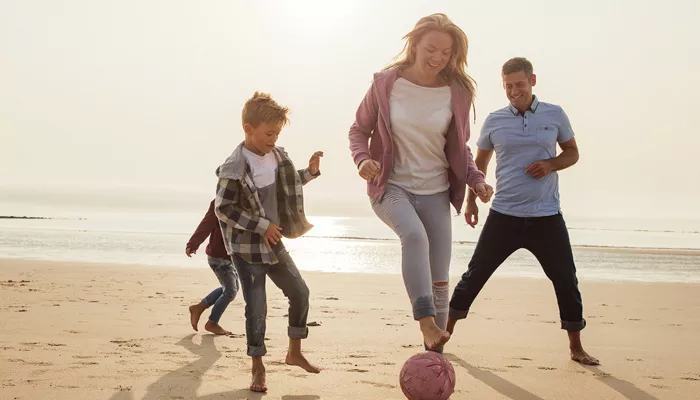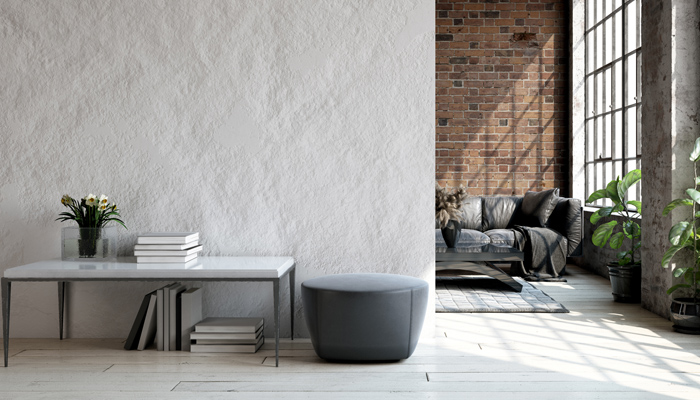A Guide to Caravan Towing
There are a lot of benefits to owning a caravan and the freedom it gives you is something that keeps people caravanning for many years. Before you start towing your caravan, however, it is important that you take into consideration a number of different things, from how to load your caravan to the best type of car to tow with.
How to load your caravan for safer towing
One of the great things about a caravan holiday is the ability to take all of your creature comforts with you. However, when packing up for a holiday there are a few important things to keep in mind.
Can I tow?
The Driver and Vehicle Standards Agency (DVSA) announced in September 2021 that caravan and trailer driving tests would no longer be required. , The Driver and Vehicle Licensing Agency (DVLA) will update driving licence records automatically and. All drivers, regardless as to when you passed your car licence, can now tow trailers up to 3,500kg Maximum Authorised Mass (MAM).
Caravan weight
Reducing the weight of the contents of your caravan can improve the handling and stability as well as potentially improving your fuel consumption, which can save you money.
The total weight of your baggage should not exceed your caravan’s stated maximum user payload. Exceeding this is against the law and will therefore invalidate your insurance. It may also impact your towing performance, such as accelerating uphill and general stability.
Loading your caravan
When loading your caravan it is important to keep the centre of gravity as low and as close to the caravan’s axles as possible during transit. This is particularly important for heavy items, such as awning poles, folding chairs and cooking implements. Of course, you can always store heavy items in the boot of your car.
Reducing your payload
If you’re close to your payload limit it’s worth trying to reduce this any way you can. One method is to tow with empty water tanks as they can easily be filled up once you arrive at your destination and this can help to reduce the payload significantly.
How to choose a suitable tow car
When looking at a car you plan to tow with it is important that you check the towing capacity of the vehicle as the weight of the caravan cannot exceed this.
Choosing a car to tow a caravan
It is crucial that you look at the amount of storage space, fuel efficiency and the chassis. These aspects of a car can have a significant impact on their towing suitability. For example, cars with a higher miles per gallon (mpg) figure will typically make towing more affordable, while it is considered that 4WD vehicles are generally better for towing as they offer more grip and stability.
Are diesel cars the best for towing?
The pulling power, or torque, is a measure of engine performance and good torque at low speeds allows for easy pulling away and minimal gear-changing. Diesel cars are generally considered good tow cars due to their low-down torque: for many years they have been popular with people looking to tow caravans, horseboxes and trailers.
However, hybrid vehicles are becoming more popular and their combination engines are ideal for towing. The additional torque provided by the electric motor is useful for towing, and combined with the excellent fuel economy and lower emissions these cars can provide a great towing vehicle with the bonus of lower fuel and tax bills.
Manual vs automatic when towing
Automatic cars are ideally suited to caravan towing as they enable drivers to crawl at a low speed without the clutch slipping and wearing. This is particularly useful when hitching up and also when performing a hill start.
It is worth noting that on some models the towing limit can be lower on the automatic version than the standard manual so it is worth checking with the manufacturer before purchasing to ensure that you will not exceed the weight limit when towing.
4X4s for towing
Many people choose 4X4s as their tow cars as they typically allow for a wider selection of caravans to be towed due to their higher weight limit. They also tend to offer greater traction and are therefore better equipped for hitching up on wet pitches and general driving in adverse conditions.
It's worth bearing in mind that some of the more compact models cannot tow much more than a standard saloon so it's worthwhile checking with the manufacturer before you purchase.
To help keep you safe while towing, Safedrive, Towergate’s in-house, fleet risk management provider, has put together some towing safety tips for you:-
1. Speed limits
Always keep to the legal speed limit for the road you are using.
Vehicles towing caravans or trailer have a top speed limit of 10mph less than the normal speed limit.
Remember - vehicles towing trailers on motorways are not allowed in the outside lane where there are 3 or more lanes
2. Extended Towing Mirrors
A pair of extended wing mirrors should be purchased and attached before you start your journey, especially if the trailer / caravan is wider than the rear of your vehicle.
You can be fined up to £1,000 and have 3 penalty points added to your driving licence for towing without proper towing mirrors.
3. Weight distribution and security of load
To maintain stability, loads should be spread as evenly as possible, during both loading and unloading. Uneven loads can make the vehicle or trailer unstable. Loads must be securely tied down or restrained. There must be no load projections outside the trailer that might cause danger to other road users.
4. Number Plates
If you tow a trailer or caravan in the UK, it must display the same number plate registration as the vehicle you are towing it with.
5. Reversing with a trailer
Before reversing, get out of the vehicle and check that all is clear to the rear before making the manoeuvre. Where possible, reverse or ‘pull through’ into parking spaces rather than out of them. If possible, get someone to watch while the manoeuvre is made and look-out for children and pedestrians.
Finally,
6. Drive within your capabilities
Always drive at a speed that is well within your capabilities, and to the road and weather conditions that prevail at the time.
If the trailer begins to snake or swerve, ease off the accelerator and reduce speed gently. (This can happen if you are driving too fast or the load in the trailer is wrongly positioned).
Do not brake sharply on a bend, (this could cause a possible jack-knife situation). Reduce speed before the bend and take the appropriate gear for the speed you are doing. Then gently accelerate out of the bend.
Caravan insurance from Towergate
Our caravan insurance can be built to suit your lifestyle. For more information get a quote online or call us on 0330 173 9442.
About the author

Adam Summersby is a respected leader with 11 years’ varied experience in niche personal and commercial lines insurance, including caravan, site operators and excess reimbursement, with proficiency in leadership, sales and account management.
Sources:
- Health and Safety Executive – safe driving: loading & unloading
- GOV.UK
- National Trailer & Towing Association
Date: January 13, 2023
Category: Caravan












